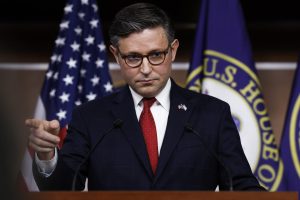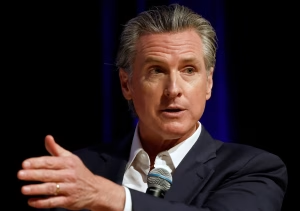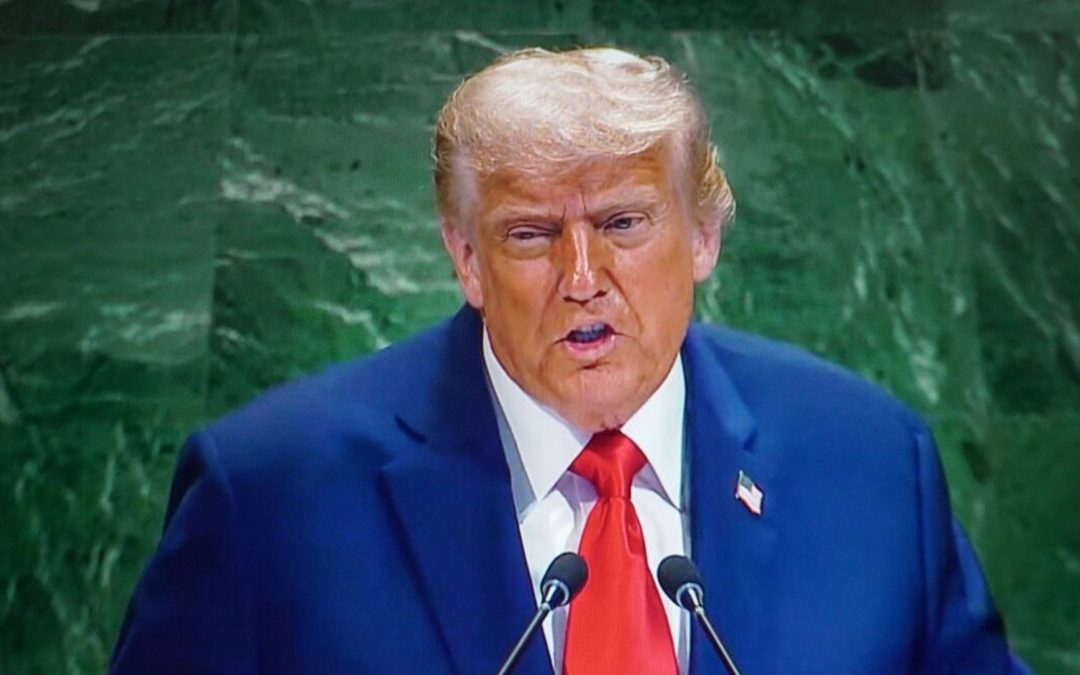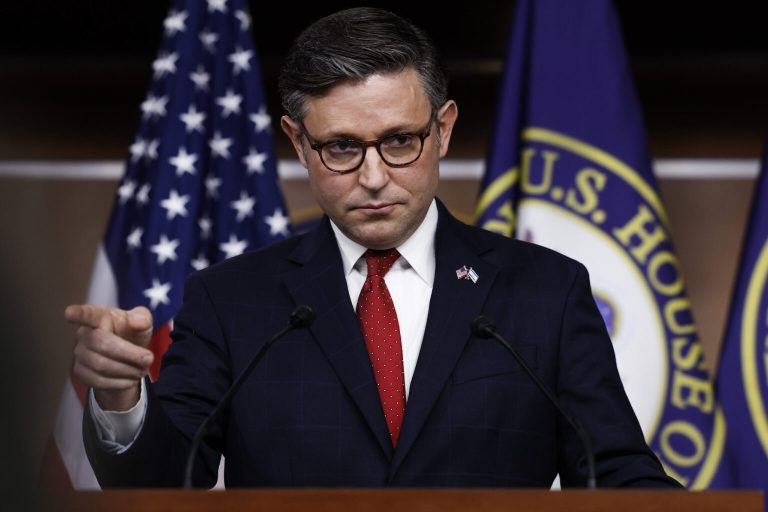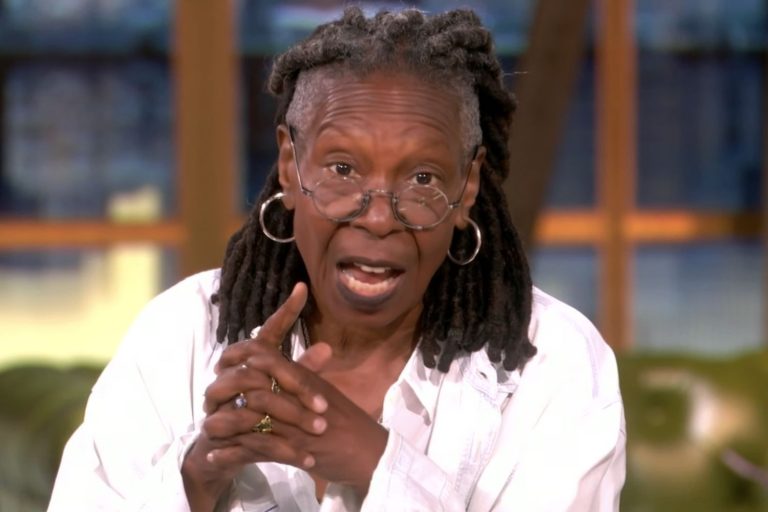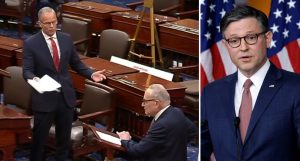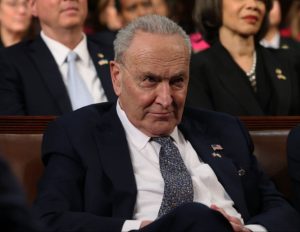The Trump administration has announced a significant appointment to a key diplomatic post, signaling a recalibration of the United States’ approach to international representation. The selection, which has garnered attention across both Washington and international diplomatic circles, emphasizes the administration’s continued focus on strategic communication and the alignment of personnel with its broader foreign policy objectives.
The appointee, a seasoned communicator with experience spanning media, political commentary, and government service, will assume the role of Deputy Representative to the United Nations. While the position is often highly visible, the administration highlighted that the choice reflects a broader strategy: placing individuals who demonstrate both loyalty to policy priorities and the ability to navigate complex international environments.
This move comes as the administration faces a range of diplomatic challenges. Rising tensions in South America, ongoing negotiations on global security, and contentious multilateral discussions at the UN have made the position particularly consequential. The decision to appoint a candidate with substantial experience in public-facing communication underscores the administration’s belief that messaging and clarity are essential to projecting U.S. interests abroad.
A Background in Communication and Policy
The individual selected has cultivated a career that straddles media and governance. Their experience includes prominent roles in political commentary, authorship, and government communications. Such a trajectory has allowed the appointee to develop a deep understanding of the intersection between public perception, policy explanation, and diplomatic negotiation.
Within government service, the appointee has previously served in a high-profile communication role, managing daily briefings and representing administration positions to the press. This experience required not only mastery of policy content but also the ability to respond effectively to challenging inquiries and navigate politically charged environments. Observers note that the skills developed in this setting are directly transferable to international diplomacy, where statements are scrutinized by global audiences and can have far-reaching consequences.
The individual’s background in media is particularly relevant in an era where digital communication, social platforms, and real-time news cycles shape perceptions of national policy. By selecting a candidate who understands the dynamics of messaging, the administration aims to ensure that U.S. policy objectives are articulated with precision and clarity.
Strategic Alignment with Administration Priorities
The appointment aligns closely with the administration’s ongoing “America First” agenda and broader diplomatic strategy. Officials have indicated that the individual was chosen for their proven alignment with policy priorities and demonstrated ability to communicate these positions effectively. The role will involve not only representing the United States in formal UN discussions but also engaging with international counterparts to advance key initiatives on security, human rights, and multilateral cooperation.
Administration spokespeople have emphasized that the timing of the appointment reflects the need to address pressing global issues. The Deputy Representative will enter a challenging diplomatic environment, marked by debates on climate policy, peacekeeping operations, and international economic initiatives. The administration has noted that effective communication will be essential in navigating these discussions and advocating for U.S. objectives.
In addition, the appointment complements the work of other senior officials, including the Secretary of State and Treasury, in coordinating policy responses to complex global challenges. By ensuring that key positions are filled with individuals capable of representing U.S. interests with both competence and consistency, the administration seeks to present a unified stance across multilateral forums.
Diplomatic Implications
The role of Deputy Representative is central to advancing U.S. positions within the United Nations. The individual will participate in debates, negotiate with representatives of other member states, and contribute to policy discussions that influence international agreements. Analysts note that having a highly skilled communicator in this position can be instrumental in shaping outcomes and projecting national interests effectively.
Moreover, the appointment signals the administration’s recognition of the evolving nature of diplomacy. While traditional diplomatic experience remains valuable, the ability to manage messaging, engage the public, and convey complex policy issues clearly has become increasingly important. By placing a seasoned communicator in a senior diplomatic post, the administration demonstrates an understanding of these dynamics and a commitment to ensuring that U.S. policy is both coherent and persuasive on the global stage.
Transition and Professionalism
The announcement was accompanied by a transition process that highlighted both professionalism and respect for institutional norms. The outgoing spokesperson delivered a farewell address emphasizing the importance of public service, collegiality, and commitment to national interests. Observers noted the tone of the remarks reflected a dedication to diplomacy that transcends partisan politics, reinforcing the administration’s message that the office’s work is above political disputes.
The transition also underscores the administration’s emphasis on continuity and preparedness. By appointing a successor who is already familiar with the workings of government communication and policy implementation, officials expect a seamless handoff that minimizes disruption in U.S. representation at the United Nations.
Role in Multilateral Negotiations
The Deputy Representative will be actively involved in a range of multilateral negotiations, including discussions on security policy, climate initiatives, and human rights issues. The administration has emphasized that these areas are central to U.S. interests and require a representative who can articulate positions effectively, respond to international developments swiftly, and maintain consistent messaging.
The appointee’s media experience is expected to be particularly valuable in high-stakes settings, where messaging can influence both domestic and international perceptions. By ensuring clarity and coherence in communication, the administration aims to enhance the credibility and influence of the United States in multilateral discussions.
Broader Strategic Context
The appointment is part of a larger pattern of staffing key positions with individuals who combine loyalty, policy understanding, and communication skills. The administration has indicated that this approach is intended to ensure alignment with broader policy objectives while strengthening the government’s capacity to engage in effective diplomacy.
Analysts have noted that the choice reflects a strategic consideration: in an era of rapid information flow and intense public scrutiny, the ability to present policy positions persuasively is increasingly essential. Effective communication at the UN can have tangible effects on international negotiations, alliance-building, and the perception of U.S. leadership.
Looking Ahead
The newly appointed Deputy Representative faces a complex landscape. Challenges include managing relationships with other member states, representing U.S. positions in contentious debates, and contributing to policy discussions that influence international agreements. Observers expect that the individual’s combination of media savvy, communication experience, and government service will enable them to navigate these challenges effectively.
The administration has framed the appointment as part of a broader effort to modernize diplomatic operations and enhance the United States’ ability to advocate for its interests in global forums. By emphasizing communication, loyalty, and policy alignment, the administration seeks to ensure that its representatives are well-positioned to advance national objectives and respond to evolving international circumstances.
Conclusion
This appointment highlights the Trump administration’s approach to diplomacy: a focus on strategic personnel choices, effective communication, and alignment with national policy priorities. By elevating an experienced communicator to a key UN post, the administration signals a recognition of the growing importance of messaging in international affairs and a commitment to presenting a coherent, disciplined approach to foreign policy.
Observers will be closely watching how the appointee navigates the complexities of the United Nations, balances the demands of public diplomacy with the intricacies of policy negotiation, and contributes to the administration’s broader strategy of asserting U.S. interests on the world stage. This decision reflects both a personnel shift and a strategic vision, underscoring the evolving nature of American diplomacy in the current international context.
The appointment ultimately exemplifies the administration’s philosophy of combining loyalty, communication skill, and professional experience to ensure that key roles are filled with individuals capable of advancing the United States’ position in critical global arenas. As the appointee assumes the post, the diplomatic community and policymakers alike will be assessing the effectiveness of this approach in shaping international policy outcomes and maintaining U.S. influence abroad.

Emily Johnson is a critically acclaimed essayist and novelist known for her thought-provoking works centered on feminism, women’s rights, and modern relationships. Born and raised in Portland, Oregon, Emily grew up with a deep love of books, often spending her afternoons at her local library. She went on to study literature and gender studies at UCLA, where she became deeply involved in activism and began publishing essays in campus journals. Her debut essay collection, Voices Unbound, struck a chord with readers nationwide for its fearless exploration of gender dynamics, identity, and the challenges faced by women in contemporary society. Emily later transitioned into fiction, writing novels that balance compelling storytelling with social commentary. Her protagonists are often strong, multidimensional women navigating love, ambition, and the struggles of everyday life, making her a favorite among readers who crave authentic, relatable narratives. Critics praise her ability to merge personal intimacy with universal themes. Off the page, Emily is an advocate for women in publishing, leading workshops that encourage young female writers to embrace their voices. She lives in Seattle with her partner and two rescue cats, where she continues to write, teach, and inspire a new generation of storytellers.

